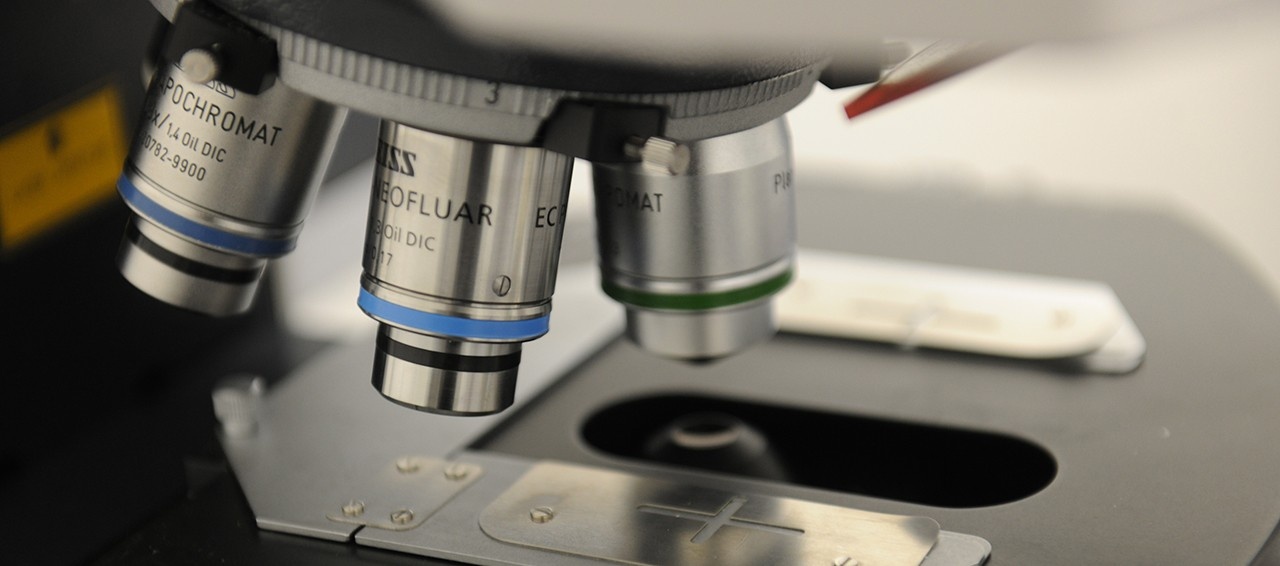Education
Explore our education programs
Please look at the program options below and carefully read the program and admission requirements, as well as what's involved to apply for each.
Master of Applied Science in Biomedical Engineering
As a biomedical engineering student, you'll typically spend the first eight months of the two-year program working on coursework. You'll spend the remainder of your time working on your thesis.
If you have an undergraduate degree in any engineering, physical science or health science background, you may be accepted into the program, but you might have to make up some undergraduate courses in your first year.
PhD in Biomedical Engineering
A PhD in Biomedical Engineering will take you three to five years and involves producing a PhD thesis based on original work. You may apply from a thesis-based master's programs in any health, engineering or physical science discipline.
